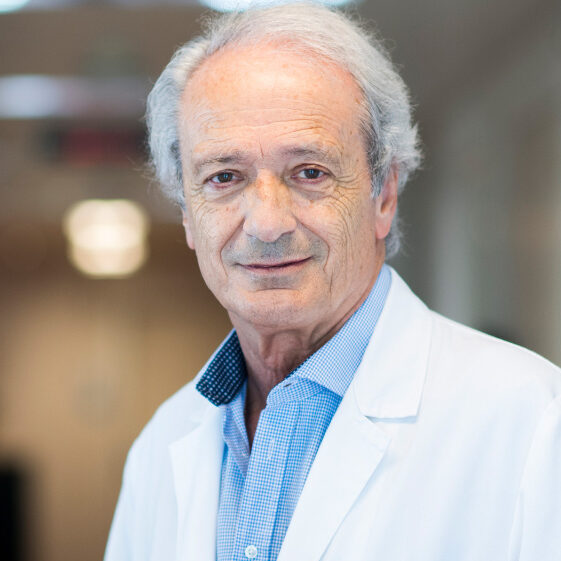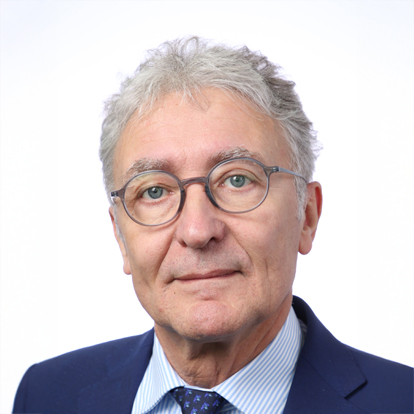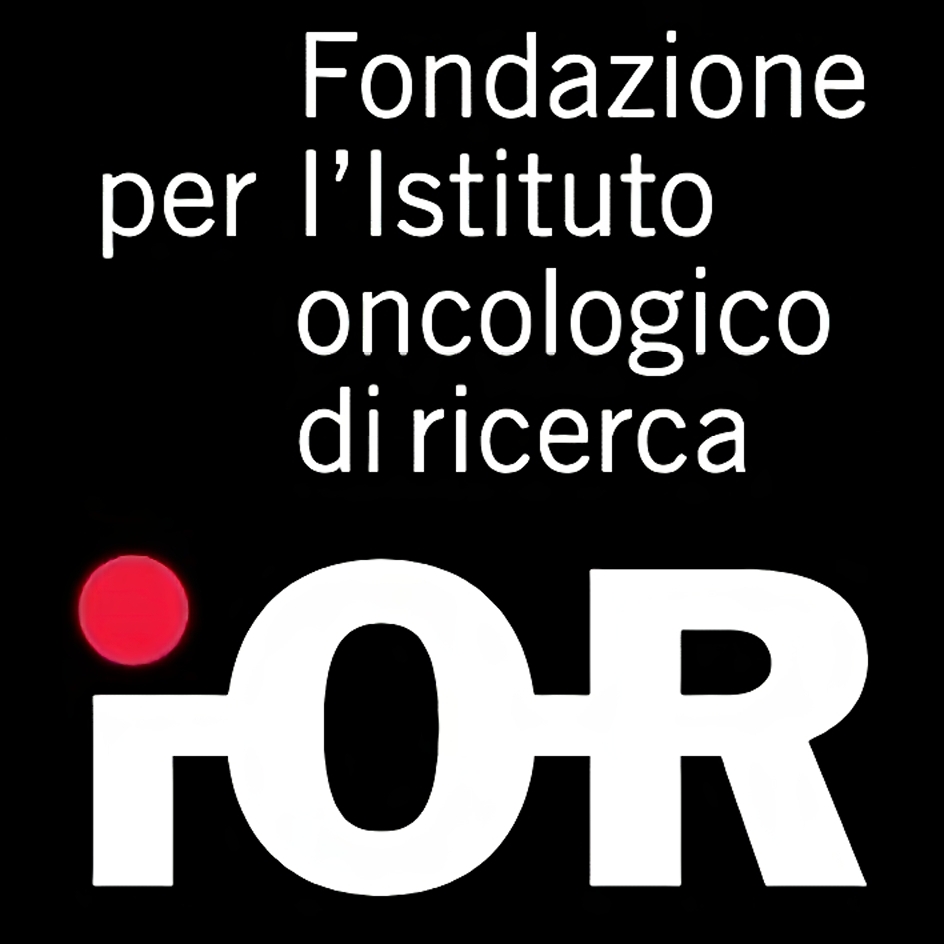International Extranodal Lymphoma Study Group (IELSG)
The International Extranodal Lymphoma Study Group (IELSG) was founded in 1998 with the aim of promoting the study of the biology of extranodal lymphoma and improving therapeutic outcomes for patients affected by these diseases.
The IELSG brings together a multidisciplinary and international team of experts, including medical oncologists, haematologists, imaging specialists, pathologists, biologists, and biostatisticians, all with a strong research background in lymphoproliferative diseases.
Over the years, IELSG studies have involved more than 300 research centres across Europe, Australia, North America, Latin America, and Asia, significantly contributing to advancements in patient management. The results of these studies have been published in high-impact medical journals and have changed clinical practice, improving the survival of patients.
Website
Contacts
International Extranodal Lymphoma Study Group (IELSG)
Via Vincenzo Vela 6 6500 Bellinzona, Svizzera
Tel.: + 41 58 666 73 04/05/06 ielsg@ior.usi.ch
Quicklinks
Direction

IELSG President
Prof. Franco Cavalli

Scientific Director
Prof. Emanuele Zucca
History and milestones
1997
Origins of the IELSG
The idea of creating an international group of researchers to study extranodal lymphomas was first proposed in 1997 during a mid-summer meeting between clinicians and pathologists from Italian and Swiss oncology institutes, who hadgathered to discuss participation in the international randomised study on gastric MALT lymphomas, designed by the British Lymphoma Group.
1998
Establishment of the IELSG
That dream soon became a reality: in January 1998, in Ascona, Switzerland, during what is now remembered as the group’s first annual meeting, the International Extranodal Lymphoma Study Group (IELSG) was created to coordinate a study on non-gastric MALT lymphomas across various European centres.
1999
Expansion
The group experienced rapid growth from the time of its establishment. At its second meeting in 1999, members from Canada and the United States participated for the first time, setting up protocols on testicular, CNS, and intestinal lymphomas. Subsequently, studies were launched on cutaneous, breast, bone, and primary effusion lymphoma, supported by a central panel of expert pathologists to address diagnostic challenges. Since 2004, the group's annual meeting has also been held outside of Switzerland, hosted in rotation by various international institutions in cities such as Barcelona, Rome, and Toronto. Thanks to the dedication of its participants, many studies have been presented at international medical congresses and numerous papers have been published in prestigious scientific journals.
In figures

